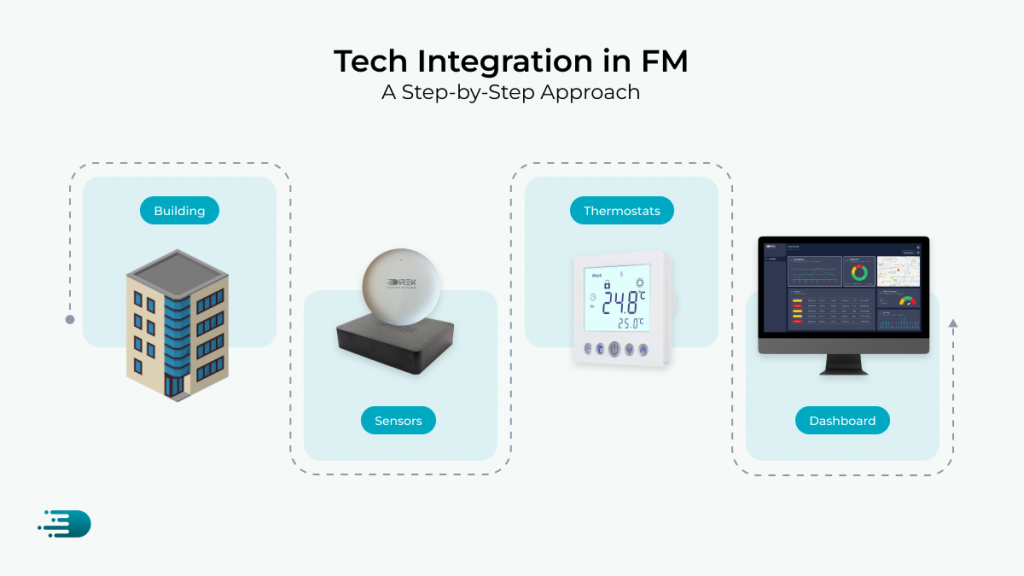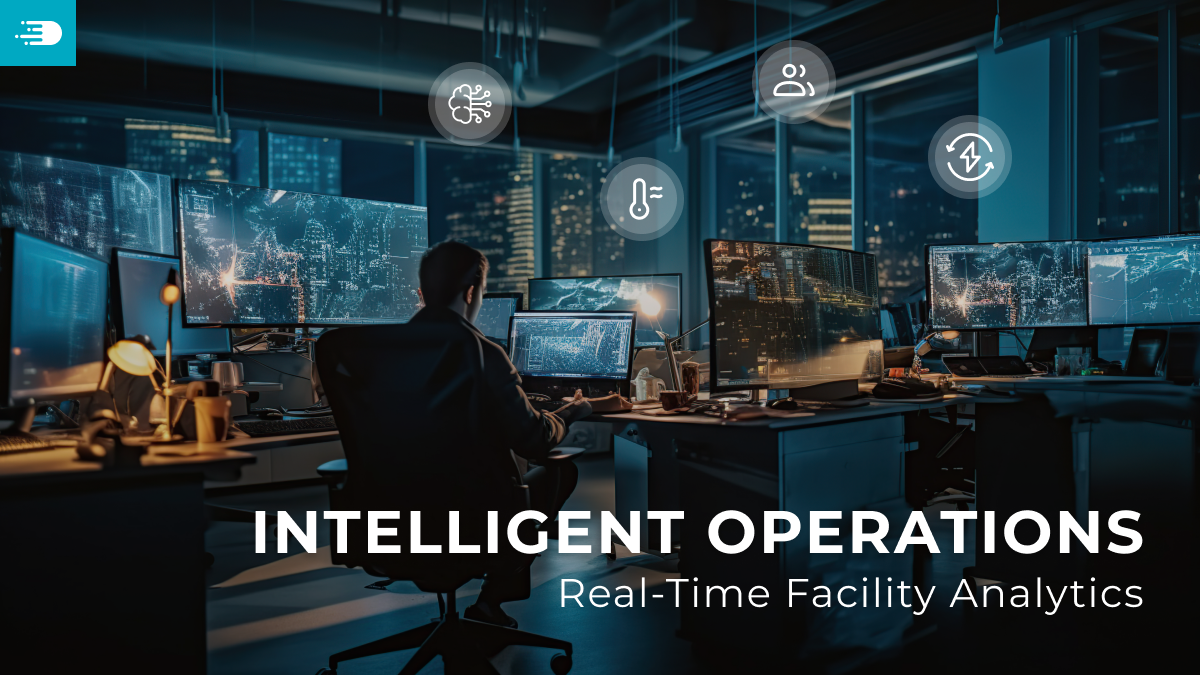The integration of advanced technologies such as IoT and AI into the sphere of facility management is ushering in a new era of unprecedented efficiency and operational intelligence. As facility managers and technicians adapt to this technological transformation, they are experiencing a remarkable evolution in their roles and capabilities. However, along with the great potential these technologies offer, they also bring a spectrum of challenges that must be navigated with care.
Facility professionals are finding themselves at the forefront of this digital revolution in smart buildings, and their adaptability is being tested as they work to integrate complex systems into their daily operations. The adaptability of these professionals is crucial, as their actions and reactions significantly influence the success of technology integration.
The challenges in adopting these cutting-edge technologies are multifaceted. Dr. Syeda Zainab Dangana, in a comprehensive presentation at the “Trustworthy AI” workshop, highlighted the core obstacles that need addressing:
- A clear comprehension and communication about the functionalities and benefits of new technologies to combat resistance to change, particularly in how to save energy through smart building technology.
- The careful adjustment of automated systems such as occupancy sensors and CO2 monitors ensures user comfort and prevents any sense of alienation or frustration.
- The necessity for strategic marketing that effectively communicates the economic value and potential for a return on investment to stakeholders, particularly through energy monitoring systems.
- The requirement to customise technology solutions to fit the unique environmental needs of each facility, including indoor air quality monitors.
- The attention to the distinctive needs of different demographics to ensure widespread technology acceptance and satisfaction.
- The creation of a strong, cooperative relationship with suppliers to achieve scalable and successful implementations of smart technologies.

Recognising these challenges is the first step toward finding viable solutions. Facility managers are developing their aptitude for change, fostering an adaptable culture through comprehensive training programmes and clear communication strategies. Such initiatives are instrumental in ensuring that all stakeholders are knowledgeable and comfortable with new technology, thus reducing resistance and encouraging active participation.
Suppliers are also called to contribute significantly to this journey. They are tasked with more than just providing advanced solutions; they are expected to accompany these solutions with ample support and training that cater to seamless integration. Close cooperation with facility managers is vital in customising technology to meet the exact needs of each facility, ensuring the technology is appropriate for the specific environment and user requirements.
Marketing and educational outreach are vital components in promoting these new technologies. Facility managers and suppliers must work in harmony to present the value proposition of these innovations, focusing on their return on investment and the benefits of long-term savings. Through compelling case studies and focused campaigns, they can demonstrate the tangible advantages these technologies offer, enhancing client engagement and buy-in.
Furthermore, personalising technology demands a deep understanding of the users it serves. An inclusive approach to design that considers the preferences and requirements of different user demographics is essential. This necessitates a commitment from both facility managers and suppliers to engage in continuous research and development, ensuring they stay responsive to the changing needs of their clientele.
The establishment of a robust network with suppliers is not merely transactional; it is a partnership forged on the mutual goals of innovation and progress. Suppliers must commit to comprehending the operational challenges faced by facility managers and work together to devise solutions that not only meet current demands but also anticipate future developments.
As facility professionals continue to adapt to the rapid advancements in technology, the insights provided by experts like Dr. Zainab serve as valuable guides. While the challenges of integrating new technologies in facility management are considerable, with strategic planning, empathetic design, proactive marketing, and strong partnerships, these challenges can indeed be transformed into opportunities for a smarter, more efficient, and more user-centric approach to building management.

